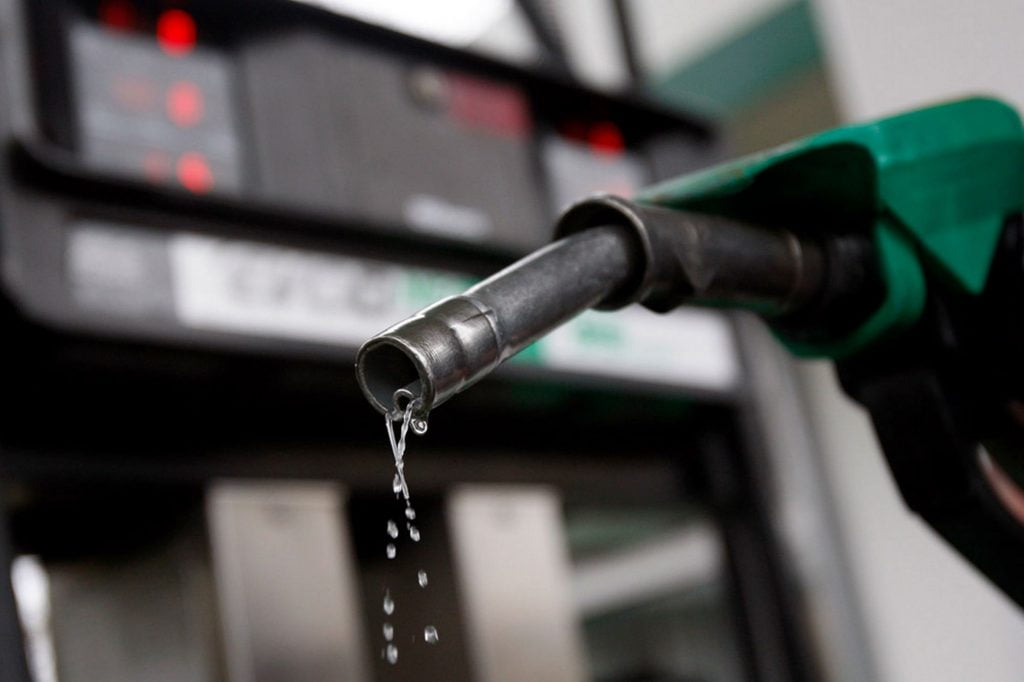
Nigeria, Africa’s largest oil producer, has been struggling with the issue of fuel pricing for decades.
The country has experienced several episodes of fuel scarcity, subsidy removal, protests, and deregulation, as different governments have tried to balance the interests of the consumers, the marketers, and the state.
The history of fuel price changes in Nigeria can be traced back to 1973 when the military regime of General Yakubu Gowon increased the pump price of petrol from 6 kobo to 8.45 kobo per litre.
Since then, the price of petrol has been adjusted by successive governments, often sparking public outcry and resistance.
Here is a summary of the major fuel price changes in Nigeria from 1973 to 2024:
– 1973: General Yakubu Gowon increased the pump price of petrol from 6 kobo to 8.45 kobo per litre, following the global oil crisis.
– 1976: General Murtala Mohammed increased the price of petrol from 8.45 kobo to 9 kobo per litre.
– 1978: General Olusegun Obasanjo increased the price of petrol from 9 kobo to 15.3 kobo per litre.
– 1982: President Shehu Shagari increased the price of petrol from 15.3 kobo to 20 kobo per litre.
– 1986: General Ibrahim Babangida introduced the first fuel subsidy and increased the price of petrol from 20 kobo to 39.5 kobo per litre.
– 1988: General Ibrahim Babangida increased the price of petrol from 39.5 kobo to 42 kobo per litre.
– 1989: General Ibrahim Babangida increased the price of petrol from 42 kobo to 60 kobo per litre.
– 1991: General Ibrahim Babangida increased the price of petrol from 60 kobo to 70 kobo per litre.
– 1992: General Ibrahim Babangida increased the price of petrol from 70 kobo to N5 per litre, but later reduced it to N3.25 per litre after public protests.
– 1993: General Sani Abacha increased the price of petrol from N3.25 to N11 per litre, but later reduced it to N5 per litre after public protests.
– 1994: General Sani Abacha increased the price of petrol from N5 to N15 per litre.
– 1998: General Abdulsalami Abubakar increased the price of petrol from N15 to N25 per litre, but later reduced it to N20 per litre after public protests.
– 2000: President Olusegun Obasanjo increased the price of petrol from N20 to N30 per litre, but later reduced it to N22 per litre after public protests.
– 2002: President Olusegun Obasanjo increased the price of petrol from N22 to N26 per litre.
– 2003: President Olusegun Obasanjo increased the price of petrol from N26 to N40 per litre, but later reduced it to N34 per litre after public protests.
– 2004: President Olusegun Obasanjo increased the price of petrol from N34 to N50 per litre, but later reduced it to N45 per litre after public protests.
– 2005: President Olusegun Obasanjo increased the price of petrol from N45 to N65 per litre, but later reduced it to N53 per litre after public protests.
– 2007: President Umaru Yar’Adua increased the price of petrol from N53 to N75 per litre, but later reduced it to N65 per litre after public protests.
– 2012: President Goodluck Jonathan increased the price of petrol from N65 to N141 per litre, but later reduced it to N97 per litre after public protests
– 2015: President Goodluck Jonathan reduced the petrol price from N97 to N87 per litre, following the fall in global oil prices.
– 2016: President Muhammadu Buhari increased the price of petrol from N87 to N145 per litre, following the removal of fuel subsidy and the introduction of a price modulation framework.
– 2020: President Muhammadu Buhari reduced the price of petrol from N145 to N125 per litre, following the fall in global oil prices.
– 2021: President Muhammadu Buhari increased the price of petrol from N125 to N162 per litre, following the deregulation of the downstream sector and the removal of fuel subsidy.
– 2023: President Ahmed Bola Tinubu increased the price of petrol from N162 to between N580 and N650 per litre, following his inaugural speech that “fuel subsidy is gone”, with varying prices across the country.
The history of fuel price changes in Nigeria shows that the pricing of the needed commodity is complex and sensitive, involving various economic, political, and social factors.










